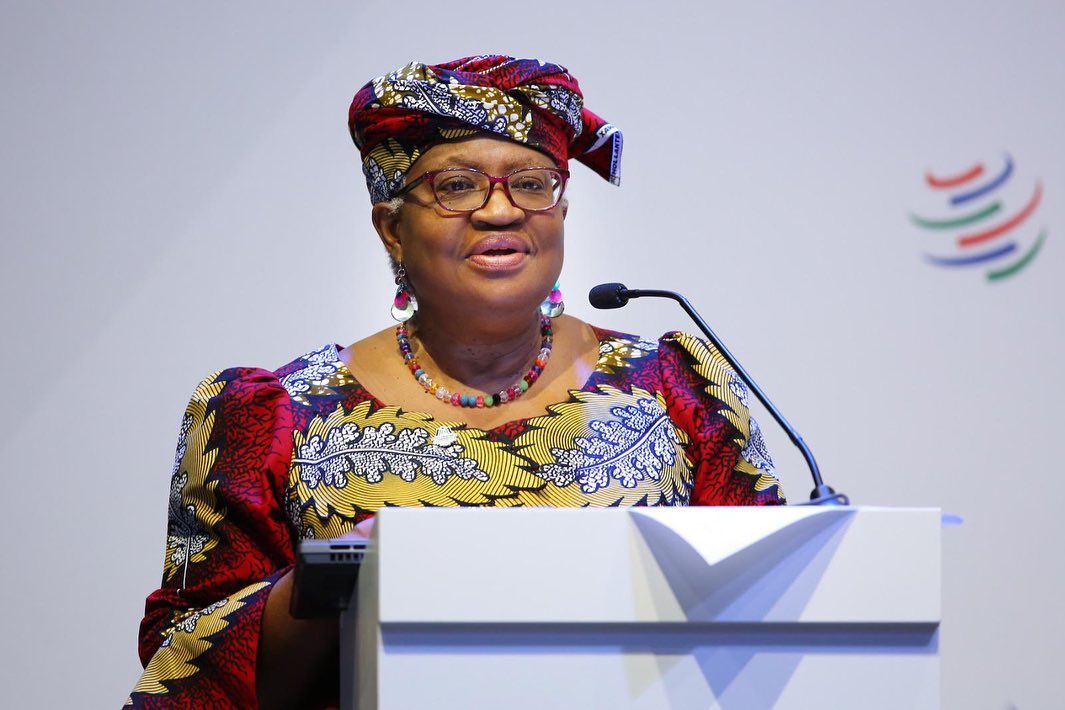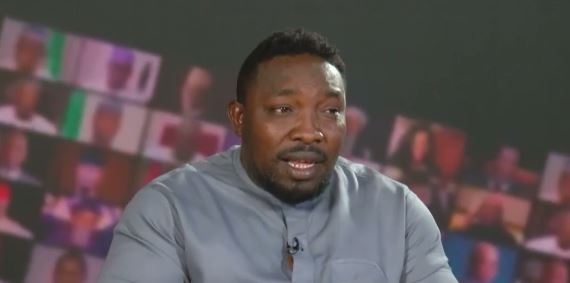
The Punch reports that Nigeria is bearing the financial burden of the operations by multinational forces against Boko Haram insurgents. The troops from Nigeria’s neighbours – Chad and Niger – it was learnt in Abuja, receive N146.25m monthly as pocket and feeding allowances from the Federal Government. The sum is however different from that paid by Nigeria for fuelling of the operational vehicles of the foreign troops and other logistics, which our source did not state. A breakdown of the N146.2m shows that the 2,500 troops contributed by Chad receive N112.5m monthly while the 750 soldiers from Niger get N33.75m.
Thus each of the soldiers from the two countries gets N45,000 monthly as pocket and feeding allowances, the same amounts paid their Nigerian counterparts. The joint war was initiated by the governments of Nigeria, Chad and Niger to flush out the insurgents from the North-East and to halt their incursion into the two Francophone countries. It was further gathered that the two Francophone countries, are in addition to the allowances paid by Nigeria, making demands for funding by the international community.
Our source, who asked to remain anonymous because he was not permitted to speak on the issue, said, “Although, it is a joint operation, a kind of sub-regional collaborative effort, Nigeria is the only country funding the operations.
“The arrangement is not such that each participating country funds its defence forces deployed for the operation. Nigeria is funding the operation to the extent of providing the allowances for all the Chadian and Nigerien troops involved. Apart from that, the country is also providing for the feeding of these troops and fuelling all their operational vehicles.”
It was further gathered that in spite of the sacrifices being made by the Federal Government, the joint operation is being threatened by mutual suspicion. There are allegations that reports about the conflict in the international media are being manipulated by Chadians in the mission area to portray Nigerian troops in bad light.
It was learnt that the Defence Headquarters was not comfortable with the slanting of stories to highlight supposed exploits of the supporting countries to the detriment of the Nigerian forces and indeed the country. The report that Chadian troops liberated Damasak, a border community between Nigeria and Niger on March 9, 2015 was mentioned as one of such.
In it, the Chadians were reported to have killed 200 insurgents while liberating the town. However, the Chief of Army Staff, Lt. Gen. Kenneth Minimah, told journalists on Monday that the town was still in terrorists’ hands. It was further gathered that the mutual suspicion was exacerbated by an incident which resulted in the killing of an unspecified number of Nigerian troops by insurgents on their way to Dikwa.
The New York Times quoted the Chadian Foreign Minister, Moussa Mahamat, as having said that “the Nigerian Army has not succeeded in facing up to Boko Haram.” He had added:
“The occupation of these towns, this is up to Nigeria. My fondest wish is that they assume their responsibilities. Our biggest wish is that the Nigerian Army pulls itself together — that it takes responsibility in the towns. We are ready to disengage, right away.”
However, the Director Defence Information, Maj. Gen. Chris Olukolade, who dismissed the claim on Saturday, said, “It is not true that our soldiers are not willing to take over such communities. There is no town that our soldiers have liberated that is not being well secured and well patrolled at the moment.
“We have always warned against irresponsible comments in this collaboration and we are not ready to join issues with anybody. We will do everything to sustain this collaboration.”
Attempts to get Olukolade to comment on Nigeria’s financial commitment to the ongoing operation were unsuccessful on Sunday. Calls to his mobile telephone number did not connect as of the time of 8pm.























